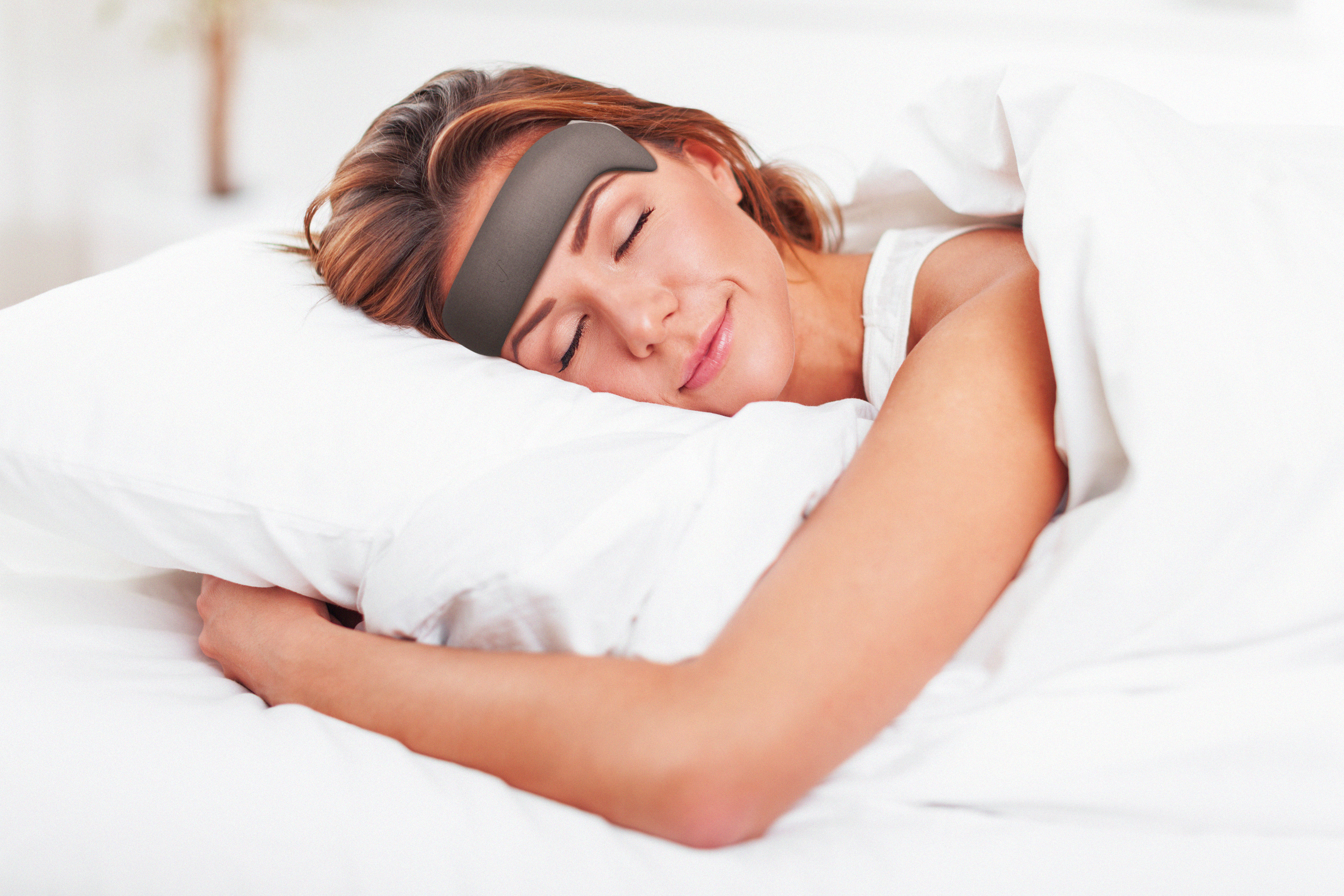UK scientists developing smart headband to stop teeth grinding and jaw clenching
The device uses ‘biofeedback’ to help people gradually learn to consciously relax their jaws.

Your support helps us to tell the story
From reproductive rights to climate change to Big Tech, The Independent is on the ground when the story is developing. Whether it's investigating the financials of Elon Musk's pro-Trump PAC or producing our latest documentary, 'The A Word', which shines a light on the American women fighting for reproductive rights, we know how important it is to parse out the facts from the messaging.
At such a critical moment in US history, we need reporters on the ground. Your donation allows us to keep sending journalists to speak to both sides of the story.
The Independent is trusted by Americans across the entire political spectrum. And unlike many other quality news outlets, we choose not to lock Americans out of our reporting and analysis with paywalls. We believe quality journalism should be available to everyone, paid for by those who can afford it.
Your support makes all the difference.A headband that can stop teeth grinding and jaw clenching – a condition thought to affect about a third of adults at some point in their life – is being developed by scientists in the UK.
Researchers at Nottingham Trent University have teamed up with JawSense, a medical technology start-up, to develop the device with the aim to treat bruxism.
While it is not always clear what causes people to grind their teeth, the condition has been linked to stress and anxiety.
Symptoms can include face, neck and shoulder pain, worn-down or broken teeth, headaches, earache, and disturbed sleep.
In some instances, bruxism can lead to a condition called temporomandibular disorder (TMD), which can cause pain and affect the movement of the jaw – and is estimated to cost the NHS more than £3 billion a year.
The researchers said that despite the prevalence of bruxism and its associated health consequences, there are currently no licensed treatments for bruxism or TMD available on the market.
The most frequently employed treatments for bruxism include mouthguards or Botox injections but they merely palliate bruxism’s effect on the jaws and teeth rather than stop the involuntary behaviour, the team said.
The hope is that the smart headband will be able to accurately detect episodes of bruxism with its sensor and generate gentle vibrations, which will raise awareness of the behaviour and help the jaw muscles to relax.
It is expected that the headband will help people gradually learn to consciously relax their jaws and stop grinding their teeth and clenching their jaws.
The researchers said it is the first-of its-kind wearable being developed in the UK for bruxism that uses biofeedback – a technique that trains people to improve their health by controlling certain processes in the body that normally happen involuntarily.
Philippe Wilson, professor of one health at Nottingham Trent University and principal investigator in the Medical Technologies Innovation Facility, said: “This innovation would significantly enhance the lives of millions grappling with the debilitating effects of bruxism and TMD and substantially reduce the financial burden on the NHS and the economy.
“The health service has been grappling with these disorders, which are not only complex to diagnose but also lack licensed treatment which tackle the root cause.
“This would be a truly effective and data-driven treatment which will have a profound and lasting impact on public health and wellbeing.”
The project has received nearly £1 million funding from Innovate UK, which is part of UK Research and Innovation, with a working prototype due to be available soon.
Bas Borgdorff, chief executive of JawSense, said: “By making people aware of their behaviour we can help them to change it.
“The amazing thing is that research shows this learning behaviour can happen while people are asleep as well.
“This innovation represents a crucial step towards a future where bruxism and TMD can be effectively managed with personalised, non-invasive solutions, significantly improving quality of life and reducing healthcare costs.”